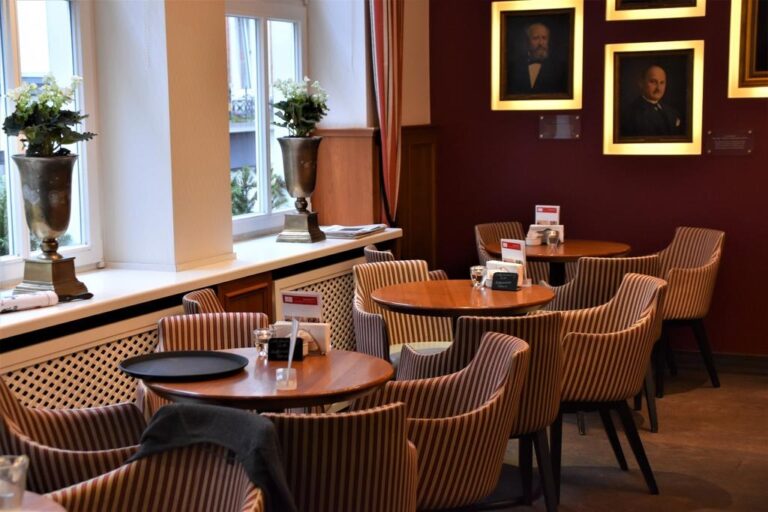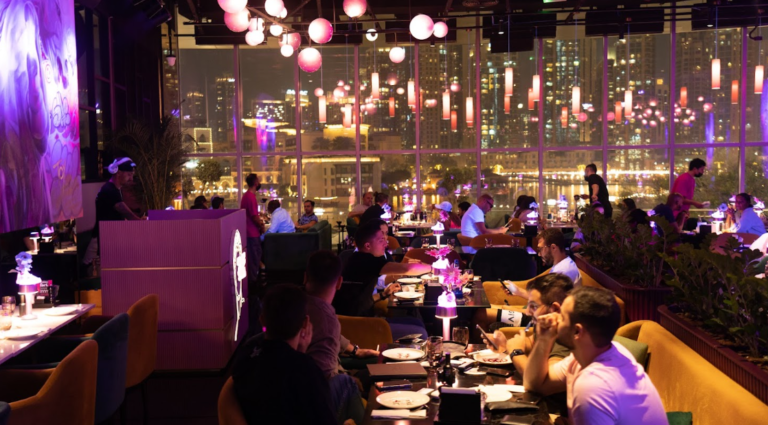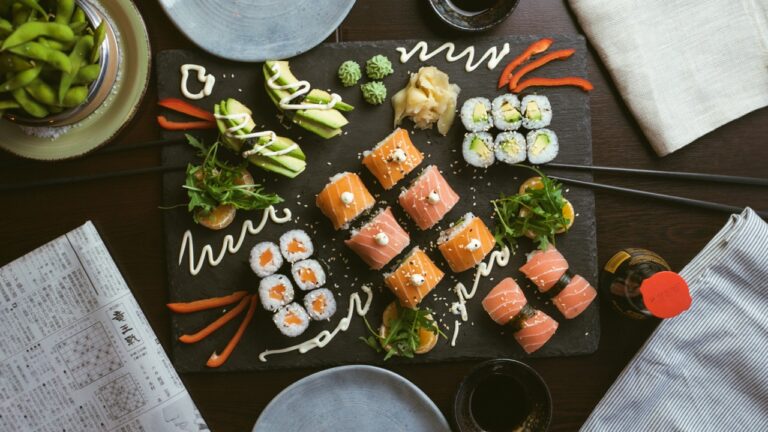The Psychology of the Coffee Bar How a Cup of Coffee Transforms Guest Experience
Introduction
There’s something universally comforting about coffee. The aroma alone has a way of signaling safety, familiarity, and warmth. It’s a ritual, a habit, a pleasure. But in the context of events, coffee isn’t just a beverage—it’s a social tool and an emotional touchpoint.
The presence of a well-placed coffee catering station can change the entire mood of a gathering. It doesn’t just offer refreshments; it shapes behavior, fosters connection, and contributes to a sense of inclusion and attentiveness.
Whether it’s an intimate networking breakfast or a bustling community fundraiser, the psychology of the coffee bar is powerful—and often underestimated. Let’s explore how this simple feature transforms the guest experience on both conscious and subconscious levels.
A Place to Pause and Reset
In any event—whether structured or casual—people naturally seek moments of transition. They look for chances to pause between speakers, breathe between conversations, or step away from the noise. The coffee bar becomes a neutral zone where those transitions can happen comfortably.
Guests don’t need an excuse to approach. They don’t have to commit to a full meal or sit down. A cup of coffee is a self-contained break. It gives them something to do with their hands, a reason to stand, and a way to re-engage with their environment without awkwardness.
In this way, coffee catering becomes more than functional—it supports the flow of energy in the room.
A Gateway to Connection
Small talk is easier with a cup in hand. Whether it’s in line at the cart or standing around a high-top table, guests naturally begin conversations near a coffee bar. It becomes a low-pressure gathering spot where networking and organic interaction thrive.
Unlike formal breakout sessions or assigned seating, this kind of socializing feels unscripted. It’s informal, warm, and open-ended. Attendees are more likely to strike up a conversation when they’re relaxed and grounded in a shared experience.
In this sense, a coffee station quietly builds community. It removes barriers between strangers, departments, or social circles. It’s hospitality in action—without ever needing to say a word.
Sensory Anchoring: Creating Memory Through Aroma
Events can be overwhelming, especially when filled with visual stimuli and background noise. But smell cuts through the clutter.
The scent of fresh espresso or ground beans anchors guests in the moment. It becomes a memory cue—something they associate with the mood of the space, the tone of the conversation, or the people they met that day.
Psychologically, scent has a stronger tie to memory than sight or sound. A good coffee bar doesn’t just satisfy a craving—it subtly imprints the event experience into a guest’s long-term memory. The next time they smell a similar roast, it may bring them back to that very room.
Customization and Control
In many event environments, guests have little control. The schedule is set. The meals are predetermined. The flow is curated. But the coffee bar is often the one space where guests get to choose.
They pick:
- The roast or brew
- The milk or sugar
- The temperature or size
This moment of agency—even over something small—adds a feeling of personal comfort to the experience. It says, “You get to make this yours.” And in an environment filled with passive consumption, that autonomy is refreshing.
When coffee catering includes personalized service, it speaks directly to that need for choice and consideration. It becomes a gesture that makes each guest feel seen.
Inclusivity Without Complexity
Alcohol and full-service food may require opt-ins, dietary disclosures, or even social navigation. Coffee, on the other hand, is almost universally accessible.
It’s suitable for early mornings, late afternoons, or chilly evenings. It caters to introverts who prefer sipping quietly and extroverts who strike up a chat in line. It doesn’t require much explanation, nor does it demand much attention.
This makes coffee a quietly inclusive offering. It doesn’t impose—it invites. And because it’s so familiar, it helps guests settle in no matter the formality or theme of the event.
Emotional Warmth and Psychological Grounding
At its core, coffee is comfort. There’s a reason why people start their mornings with it. It signals a transition from sleep to wakefulness, from quiet to productivity.
At events, it serves a similar role. A cup of coffee in hand helps guests feel prepared, grounded, and at ease. It can take the edge off a high-stakes networking event or help break the ice during a collaborative session.
Even in high-energy settings, coffee provides emotional warmth—a subtle way to lower anxiety, reframe fatigue, and bring people back to themselves.
This makes coffee catering not just a hospitality add-on, but a wellness feature in its own right.
When Coffee Sets the Tone
Picture the difference between walking into a sterile conference hall with water pitchers—and one where a barista is steaming milk and pulling espresso shots. The second space feels alive. It feels curated and cared for.
That energy shift doesn’t happen by accident. It’s part of the environment that organizers build. A coffee bar changes the visual, the auditory, and the sensory makeup of a room. It transforms what could be transactional into something experiential.
Brands like Goodhart Coffee Catering understand this. They don’t just pour coffee—they help shape the tone of the day through thoughtful service, setup, and interaction.
The Universal Connector
In the end, coffee is one of the few things that brings everyone together without demanding attention. It speaks quietly to every type of guest—young or old, casual or corporate, local or visiting.
It makes early arrivals feel welcomed. It helps latecomers settle in. It gives everyone a common language in a room that may be full of differences.
At its best, coffee catering doesn’t just fill a cup. It fills the space with warmth, interaction, and memory—all brewed fresh with every pour.
Conclusion
When planning an event, it’s easy to focus on the big things—keynotes, menus, playlists. But often, it’s the simple gestures that guests remember most.
A thoughtfully placed coffee bar offers more than caffeine. It creates comfort, initiates conversations, and enhances emotional connection. It works behind the scenes to make everything else feel more human.
And in an age where experiences matter more than ever, that kind of presence makes all the difference.







